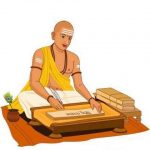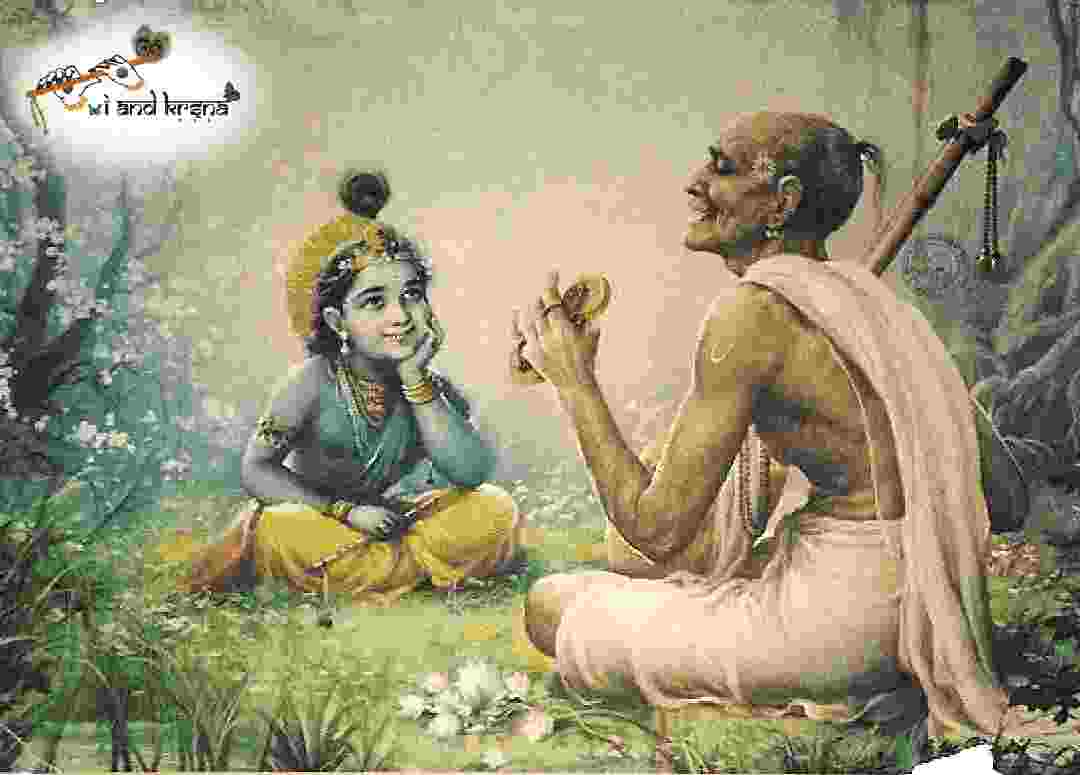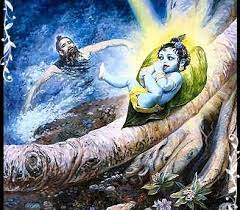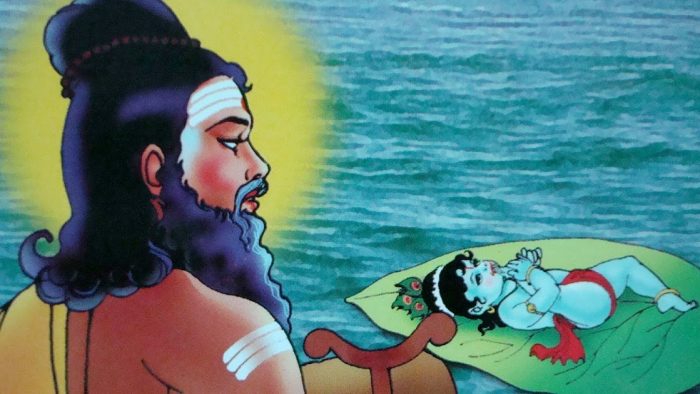There are five kinds of liberation stated in the scriptures. One is to become one with the Supreme Personality of Godhead, or to forsake one’s individuality and merge into the Supreme Spirit. This is called ekatmatam. A devotee never accepts this kind of liberation. The other four liberations are: to be promoted to the same planet as God (Vaikuntha), to associate personally with the Supreme Lord, to achieve the same opulence as the Lord and to attain His same bodily features. A pure devotee, as Kapila Muni will explain, does not aspire for any of the five liberations. He especially despises the attempt to become one with the Supreme Personality of Godhead. Sri Prabodhananda Sarasvati, a great devotee of Lord Caitanya, said, kaivalyam narakayate: “The happiness of becoming one with the Supreme Lord, which is the aspiration of the Mayavadis, is considered hellish.” That oneness is not for pure devotees.
There are many so-called devotees who think that in the conditioned state we may worship the Personality of Godhead but that ultimately there is no personality; they say that since the Absolute Truth is impersonal, one can imagine a personal form of the impersonal Absolute Truth for the time being, but as soon as one becomes liberated, the worship stops. That is the theory put forward by Mayavada philosophy. Actually the impersonalists do not merge into the existence of the Supreme Person but into His personal bodily luster, which is called brahmajyoti. Although that brahmajyoti is not different from His personal body, that sort of oneness (merging into the bodily luster of the Personality of Godhead) is not accepted by a pure devotee because the devotees engage in greater pleasure than merging into His existence. The greatest pleasure is to serve the Lord. Devotees are always thinking about how to serve Him; they are always designing ways and means to serve the Supreme Lord, even in the midst of the greatest material obstacles.
Source: A.C. Bhaktivedanta Swami Prabhupada (2007 edition), “Teachings of Lord Kapila, The Son of Devahuti”, Page 205 & 206





















Leave A Comment